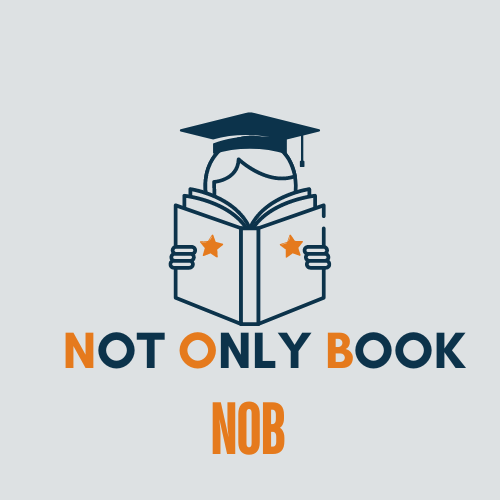Charting Your Course
Table of Contents
The IGCSE offers a wealth of options, making it both exciting and daunting to choose the right path. But don’t worry! This article provides a roadmap to help you make informed decisions about your IGCSE journey, aligning your choices with your passions, goals, and future aspirations.
Step 1: Self-Reflection & Exploration Charting Your Course
- Interests & Strengths: What subjects ignite your passion? What skills do you excel in? Do you gravitate towards theoretical concepts or practical applications?
- Career Aspirations: Have you considered potential career paths? What kind of work environment do you envision yourself in? Research the educational requirements for those careers.
- Personal Values: What matters most to you in your studies and future? Do you prioritize creativity, social impact, technological innovation, or a specific field of knowledge?
Step 2: Subject Selection Charting Your Course
- Core Subjects: English, Mathematics, and Science are essential, even if you’re not planning to pursue them at a higher level. These subjects provide a foundation for critical thinking, problem-solving, and communication skills.
- Electives: Choose subjects that align with your interests and strengths. Consider:
- Subjects you enjoy: If you’re passionate about history, pursue it! The IGCSE allows you to delve deeper into topics you’re genuinely interested in.
- Subjects related to your career goals: If you dream of becoming a doctor, science electives like biology and chemistry are crucial.
- Subjects for broadening horizons: Exploring new fields like languages, art, or music can open up new perspectives and enrich your learning experience.
Step 3: Level Selection (Core vs. Extended) Charting Your Course
- Core Level: Suitable for students who want a solid foundation in the subject. This level provides a good starting point for further studies or exploration.
- Extended Level: For students who excel in a subject and plan to pursue it at a higher level or have a strong interest in the subject. This level provides deeper dives and challenges.
Step 4: Pathways & Resources Charting Your Course
- University Entry: If your goal is direct university entry, focus on achieving high grades in core subjects and electives relevant to your chosen field.
- A-Levels or IB: If you’re planning on further studies, choose subjects that align with the requirements of your chosen A-Level or IB program.
- Vocational Pathways: If you’re interested in practical skills and specific career paths, explore vocational subjects like Hospitality, IT, or Engineering.
- Guidance and Support: Seek guidance from teachers, counselors, or online resources. They can help you understand different pathways and make informed decisions.
Remember: Your path is yours to shape. The IGCSE provides the framework, but the journey is ultimately yours. Embrace exploration, ask questions, and don’t be afraid to change course if needed. The key is to stay true to yourself and your aspirations as you navigate the exciting world of the IGCSE. Charting Your Course






No comment